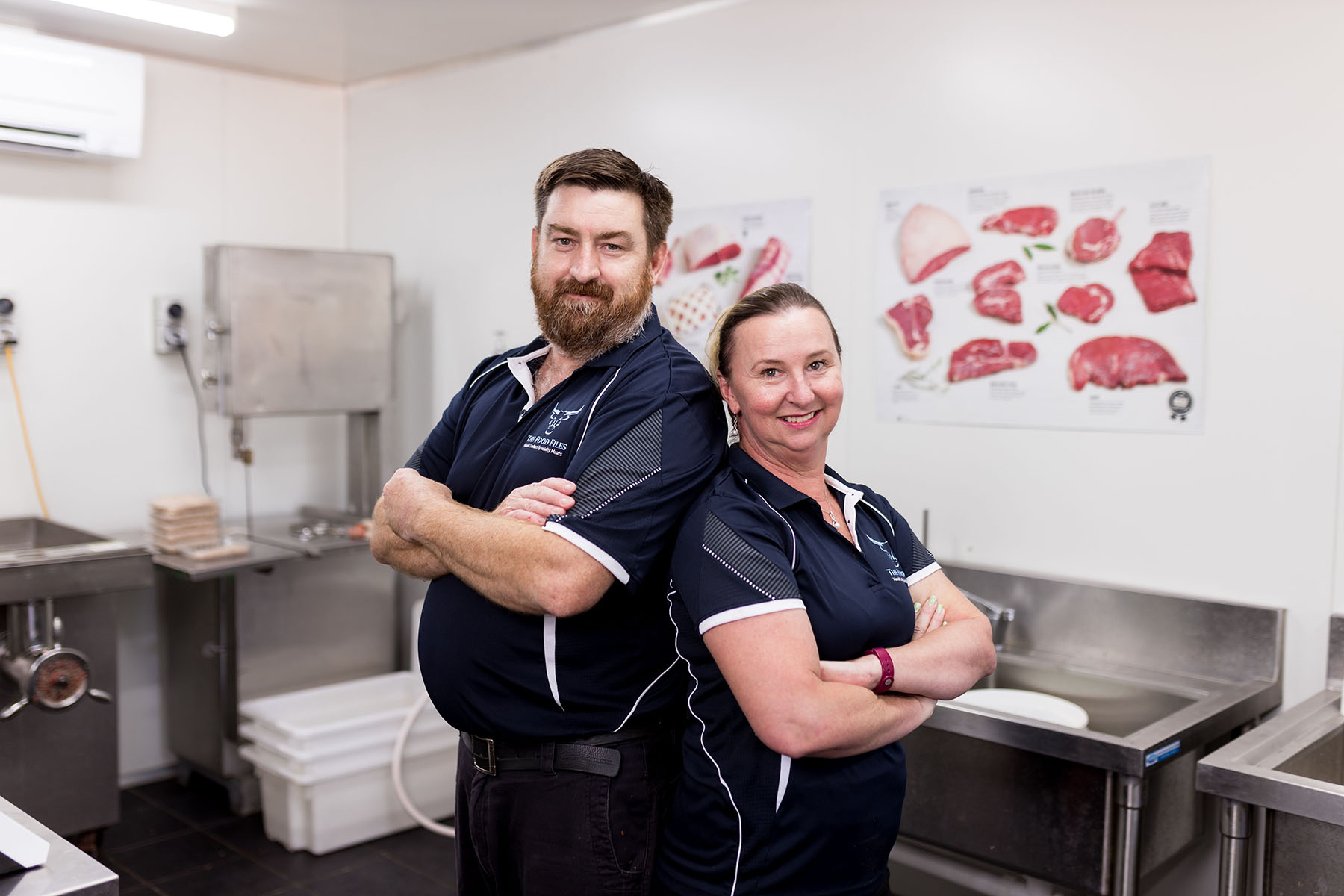Tax is a fact of life for every small business owner but, with proper planning, it doesn’t need to be something to fear. We sourced tips from an accountant about how to approach tax time proactively.
Greg Mawer is an accountant and business advisor who took his love of numbers to a new level with the launch of his business, Accumulate Accountants + Business Advisors, in 2013. Greg and his team now help business owners explore how to achieve their goals through strategic business advice, accounting and taxation.
We asked Greg for some of his top tips for small business owners when it comes to navigating tax-time. Here are some of the insights Greg shared.
Look at tax from a new perspective
While many people see tax as a necessary evil of running a business, Greg takes a more positive view.
“I like to say if you are paying tax, you are making money,” he says.
“Your business success is enabling others less fortunate than you to survive.”
Plan ahead to succeed
Many business experts would agree that success in any element of business starts with planning ahead. For tax-time, planning is vital to help you stay ahead of your obligations and avoid any nasty surprises, such as a high tax bill.
“Failing to plan is planning to fail,” says Greg.
“Look at your tax obligations, be it BAS, IAS, FBT, personal tax or company tax. Estimate how much and when they are due and add these amounts into your cashflow planning.”
Get professional advice before big decisions
When opportunity knocks, it can be tempting to rush into making a decision. Greg notes that it’s worth taking that bit of extra time to consult with an expert to make an informed decision about what will work best for your business.
“A common mistake business owners can make in terms of tax is being reactive rather than proactive.”
“After you have signed a contract, bought something or sold something, your tax advisor is limited in how they can assist. Call your tax advisor for a five-minute chat before taking action.”
There’s no one-size-fits-all approach to tax
It is also worth keeping in mind that every business is different - and tax rules can apply in different ways, in different situations.
Greg explains, “just because Bob next door did something tax-wise doesn’t mean it was correct or remotely legal.”
With professional tax advice, you can make informed decisions about your business. You need to make sure you’re meeting your tax obligations and get help to explore any tax advantages which could be available to you.
Keep orderly tax records
Maintaining your paperwork – even if it is stored in the cloud – is also a wise investment.
“Australia has a self-assessment system for taxation. You don’t need to provide the evidence to the ATO unless they ask - but that doesn’t mean that you don’t have to keep records.”
By putting an organised record-keeping process in place, you can help to streamline tax-time for your business. Learn more about the benefits of good record-keeping.
More information
For more tax-time tips, read:




